Cheap Source of Protein in Nigeria
Prices listed below are as of April 18, 2023
Food is a large part of Nigerian culture. In fact, it forms the basis for our rich sense of identity and belonging. The typical Nigerian diet is based on starchy foods like cassava, yam, rice, and plantain. People usually serve starchy foods alongside rich soups and stews with protein foods and vegetables.
There is a lot of buzz in the media about the importance of protein. Protein has many roles in the body, such as building muscle, transporting nutrients, catalyzing reactions, and maintaining the immune system. It is an integral part of the human cell structure. Additionally, protein is critical for repairing tissues and in growth and development during pregnancy and childhood.
Protein can be sourced from plant or animal foods such as meat, fish, beans, nuts, soy, eggs, and milk. However, it can sometimes be a challenge to meet your protein needs due to the cost of food, especially with the rise of inflation.
When you are planning your meals, you may be wondering how to increase your protein intake while keeping your groceries within budget. Therefore, the objective of this article is to provide a list of cost-effective protein foods in Nigeria.
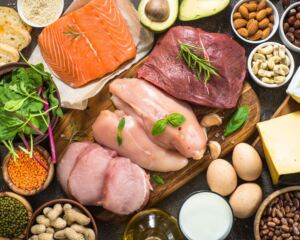
Sources of Protein in Nigeria
Mushrooms
One of many Nigerians’ favourite mushrooms is the oyster mushroom. They are an inexpensive source of protein that may be found in markets, retail establishments, and online marketplaces like Jiji. In 10o grams of oyster mushrooms, there are 3 grams of protein.
Fresh oyster mushrooms range in price from ₦1,500 to ₦3,000 per kilogram.
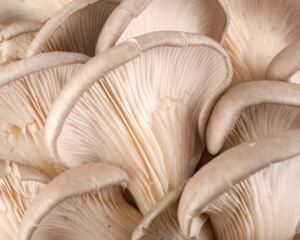
Eggs
Eggs contain essential vitamins and minerals, such as choline, vitamin B12, selenium, and iodine. One large egg contains about 6 grams of protein. People in the market sell a crate of 30 eggs for ₦2,100.
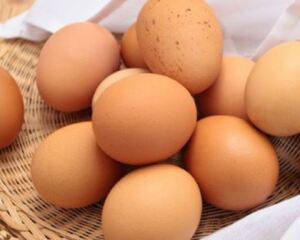
Soybeans
In Northern Nigeria, it is common for people to grow and eat soybeans. Soybeans are nutritious and contain all the essential amino acids, which is uncommon for plant-based proteins. There are about 36 grams of protein in 100 grams of raw soybeans. In the market, you can buy a kilogram of raw soya beans for about ₦300 to ₦350.
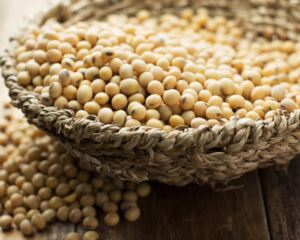
Melon Seeds (Egusi)
Egusi is high in protein and antioxidants. It is inexpensive and widely available throughout the year. In 100 grams of egusi, there are about 28 grams of protein. You can buy 1 kilogram of raw ground egusi for about ₦1,500 to ₦2,000.
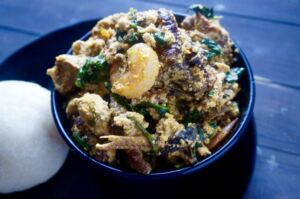
Beske (Wara Soya)
Beske is essentially fried tofu. It can be made from curdling soymilk in a similar fashion to the way wara is made from dairy milk. Beske is high in protein and is relatively cheap to make. Wara soya contains about 8 grams of protein per 100 grams.
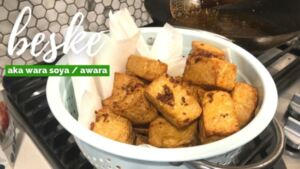
Nono (Kefir)
This is a type of fermented dairy that is most common in the northern part of Nigeria. It is fermented milk made from cow or goat milk. Nono is a good source of protein and calcium. In 1 cup of Nono, there are about 9 grams of protein.
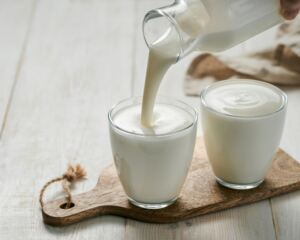
Groundnuts
Groundnuts are a popular source of protein in Nigeria. They are delicious and contain many nutrients, including protein and fibre. In 100 grams of groundnuts, there are about 26 grams of protein.
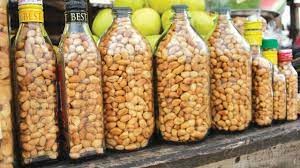
Akara/Beans/Moi Moi
In Nigeria, beans are a common food source that provides protein, fibre, iron, and zinc. Black-eyed peas have about 24 grams of protein per 100 grams dry.
Nigerians consume beans in a variety of ways, including ewa agoyin, moi moi, and akara. Akara, also known as bean cake, has about 82 calories and 1.6 grams of protein per 100 grams. In contrast, 140 grams of moi moi has about 12 grams of protein and 239 calories. However, the calories and protein will depend on how they are made. They are both affordable, with a wrap of moi moi and five akara balls each costing about 100 Naira.
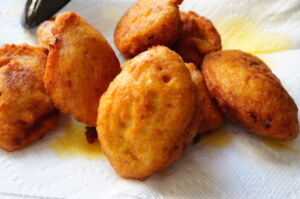
Locust Beans (Iru or Ogiri)
Locust beans are a good source of protein and antioxidants. They are found in many Nigerian soups and stews since they have a distinct flavour and aroma. In 100 grams of locust beans, there are about 28 grams of protein. You can buy 1 kilogram of iru for 1,000 to 1,500 Naira.
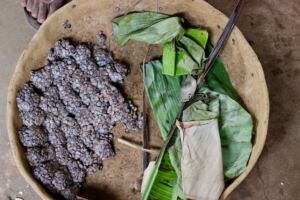
Millet
Millet is a popular source of protein in Nigeria. People usually have millet as a drink called Fura da Nono or in ogi (akamu). In 100 grams of dry millet, there are about 11 grams of protein.
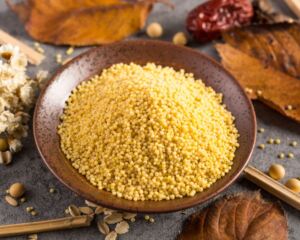
Conclusion
Protein plays many important roles in the body, so it is important to eat enough protein every day.
However, it can be difficult to get enough protein, especially on a budget. If you are looking to eat more protein while keeping your grocery costs low, consider the foods on this list.
Are you looking to lose weight or simply eat healthier in 2023? If yes, then reach out to us via WhatsApp or by using our contact form.

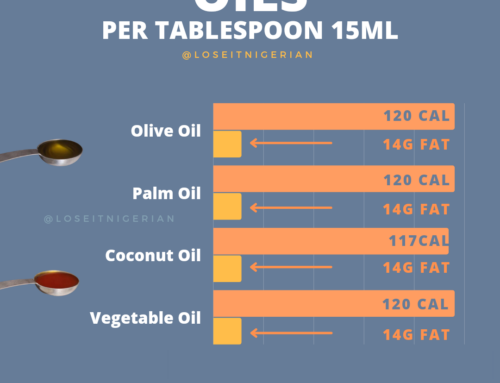
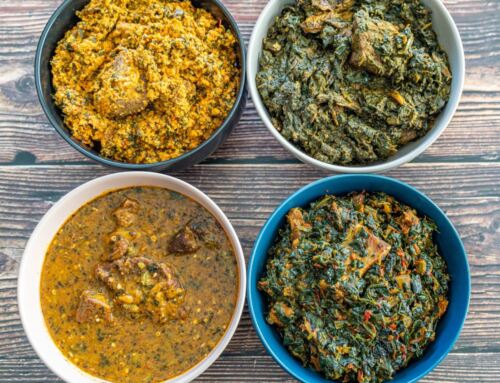
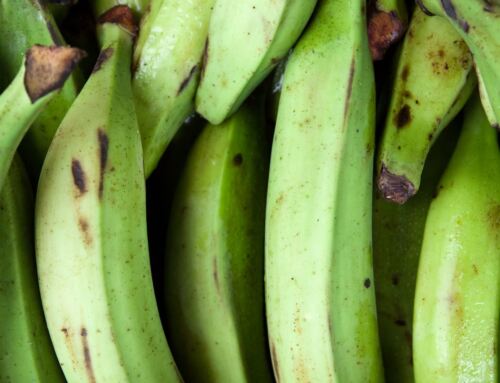
This is a very comprehensive blog post, thank you very much Ronke !
Is the 24g of protein per 100g of Black eyed peas for raw black eyed peas or cooked black eyed peas ?
I’ve been using My Fitness Pal to track my food and macro, and the protein showed per 100g is way lower (8,8g of protein per 100g). So I’m wondering if it’s because I used macronutrient for cooked black eyed beans.
Hi Olivia! How is it coming now? I would love to start my weight loss journey soonest and I am looking forward to getting affordable proteins in my diet. Can you help
With that? I see you have a knack of this already.